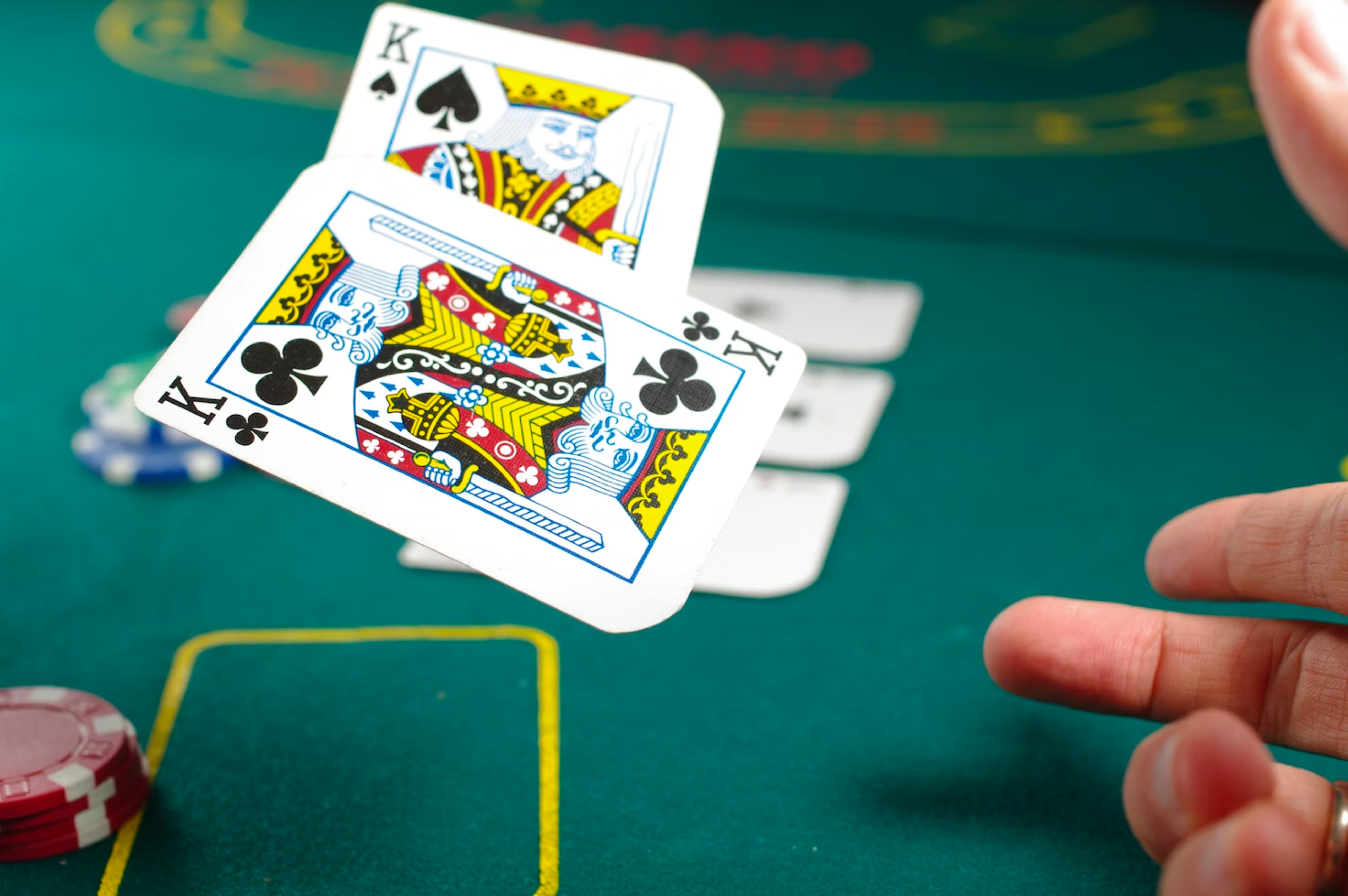Poker is a game that combines strategy, psychology, and a copious amount of luck. However, every poker player has their own strategy for playing the game. Will you bluff your way to victory, reading your opponents like an open book? Or will you play it safe, calculating every bet with precision and care? In the poker world, the game is constantly evolving. New strategies are devised, old ones are perfected, and legends are born. It’s a game that transcends boundaries and brings people from all walks of life together.
Whether you’re a seasoned player or just getting started, everyone could do with some pointers for when their turn comes to the table. So let us shuffle up and deal with you how you can master the mental chess of poker in 7 steps!
Learn The Rules
First things first, make sure you have a thorough understanding of the game’s rules, hand rankings, and different variations of poker. If you’re playing on Casino777, for example, have a look at the variations of poker on offer on the site (e.g. Texas Hold’em, Omaha, Seven-Card Stud, etc.) and study each variation of the gameplay meticulously.
Each variation of poker has its own specific rules and gameplay mechanisms, and knowing the rules of each allows you to confidently make informed decisions during each hand. Look for reputable sources of information, such as books, online tutorials, or official websites dedicated to poker.
Start With Low-Stakes Games
If you’re a beginner or still honing your skills, it’s advisable to start with low-stakes games. This allows you to gain experience without risking substantial amounts of money.

Play Selectively
Avoid playing too many hands. Patience is key in poker. Wait for strong starting hands, such as pocket pairs (two cards of the same rank) or high-ranking suited connectors (e.g., Ace-King suited), and fold weaker hands.
Position Matters
Take advantage of your position at the table. In later positions (e.g., dealer or close to the dealer), you have more information about your opponents’ actions before making your decision. This can influence your strategy and allow you to make more informed choices.
Pay Attention To Your Opponents
Observe your opponents’ betting patterns, body language (if playing live), and any other behavioral cues that can give you insights into the strength of their hands. This information can potentially help you to make better decisions.
Bet Sizing And Pot Odds
Consider the size of your bets and the pot odds when deciding whether to call, raise, or fold. Understanding the concept of pot odds can help you determine if a particular decision is mathematically profitable in the long run. MasterClass explains how Pot odds compare the current size of the pot to the cost of the contemplated action. For example, let’s say the pot size is $100, and your opponent bets $20. To call the bet, you need to put in $20. The pot odds would be calculated as 100:20, which simplifies to 5:1 (e.g., 4:1 or 3:1); it could be a favorable decision to call. If the odds are worse (e.g., 6:1 or 7:1), folding might be the better choice.
Practise Emotional Control
Finally, you need to know how to keep your cool. Poker can be an emotionally charged game. Bounce Magazine highlights how it’s important to keep your emotions in check and avoid making impulsive decisions based on frustration or excitement. So, stay focused and make rational choices based on the information you have available. Practises such as meditating before a game and deep breathing during your gameplay can help.
Be The Master Of Poker
Ultimately, mastering poker is not just about winning individual hands or sessions but about playing strategically, adapting to different situations, and making potentially profitable decisions over the long run. Embrace the challenges, embrace the lessons learned from both successes and failures, and enjoy the journey as you follow these steps and strive to become a master of the game.






Leave a Reply